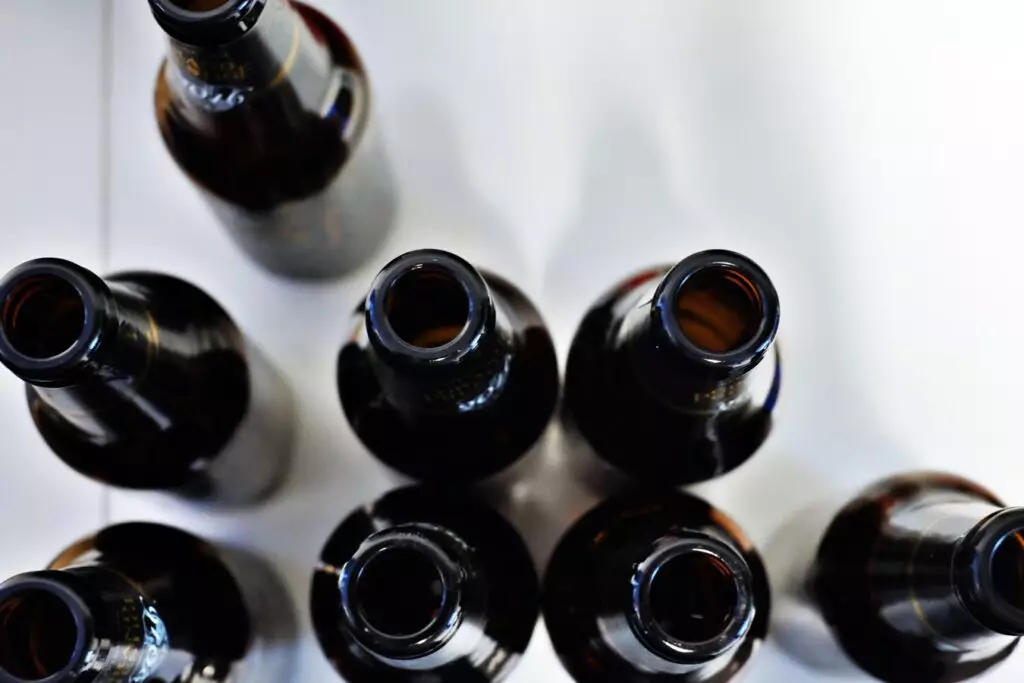Have you ever known someone who you thought had a serious alcohol problem which they denied? Or, have you ever been surprised by someone unexpectedly going into rehab? The line between problematic over-drinking and severe diagnosable alcoholism is one of severity.
What is Alcohol Abuse?
What qualifies as excessive drinking may vary depending on many different factors. Generally, it’s agreed upon that for an adult male it’s around fifteen or more glasses of alcohol a week. For an adult woman it’s about 8 glasses a week or any while pregnant. It’s important to note though that your mileage may vary, so please continue reading.
What is Alcoholism?
Alcoholism, also called Alcohol Use Disorder (AUD), is a severe medical problem. According to the National Institute on Alcohol Abuse and Alcoholism (NIAAA), “AUD is a chronic relapsing brain disease characterized by compulsive alcohol use, loss of control over alcohol intake, and a negative emotional state when not using.” In short: it is a state of reliance on alcohol.

- Drinking is interfering with any aspect of life such as school, job, health, or relationships
- Trouble concentrating on anything besides how much you wanted a drink
- Continued drinking even if it made you feel depressed, lonely, or put you in unsafe situations
- Difficulty in an attempt to cut down drinking
- Your tolerance to alcohol has caused you to drink more for the same effect you once got for less
How Can I Get Help?
Alcoholism is a medical condition that warrants compassion rather than shame. As singer and songwriter Ken Hensley once said: “It is hard to understand addiction unless you have experienced it.” If someone tells you they think they might have a problem: take them seriously and ask how you can help. If you think you might have a problem: trust your instincts and get help. Talk to your doctor or call us now at (855) 425-4846.

